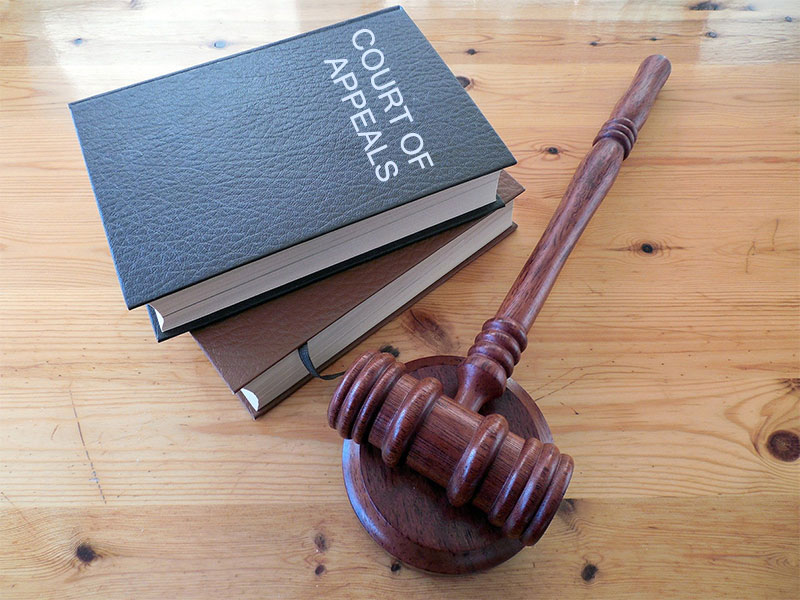The Court of Appeals for the Armed Forces (CAAF) released its first opinion of the October 2020 term. In United States v. White, the Court upheld a military judge’s ruling excluding evidence discovered during a search.
Affidavit
A federal agency notified NCIS that a man named Villanueva was involved in live streaming sex shows involving minors in the Philippines. Villanueva directed customers to make payment to someone named Noriega. Investigators examined the money transfer records to Noriega and found that someone with an email address and home address linked to Petty Officer White had sent $10 to Noriega. Additionally, Petty Officer White appeared to have sent several money transfers to other accounts in the Philippines, primarily to an area where several suspected child exploiters operated.
Based upon this information, NCIS sought to search Petty Officer White’s home, person, and vehicle for evidence of child pornography and child exploitation and to seize all electronics. An NCIS agent prepared an affidavit and presented it to the Commander, who authorized the search. Petty Officer White was charged with three specifications of possession of child pornography based upon what the investigators found.
Military Judge’s Ruling
At trial, Petty Officer White’s defense attorney challenged the search, claiming that the affidavit did not provide probable cause for the search. Information provided to an individual authorizing a search must establish a fair probability that evidence of a crime would be found in the place sought to be searched. The military judge agreed and found that the search authorization was unjustified based upon the lack of probable cause. The money transfer information did not establish a fair probability that Petty Officer White would possess child pornography on his electronic devices.
He also found that the results of the search could not be saved by the good faith exception. He determined that the agents could not reasonably believe the authorization was valid when the affidavit was so lacking in probable cause. The military judge excluded all of the evidence obtained during the search.
NMCCA Opinion
The Government appealed the ruling to the Navy Marine Corps Court of Criminal Appeals. NMCCA agreed that the affidavit lacked probable cause linking Petty Officer White to the possession of child pornography based only upon his money transfer to someone who may be an associate of a child pornographer and his money transfers to an area of the Philippines known for child exploitation. However, NMCCA found that the NCIS agents were acting reasonably and in good faith when executing the search based upon the commander’s authorization. NMCCA reversed the military judge’s ruling, and allowed the evidence to be presented at trial.
CAAF Opinion
Petty Officer White’s appellate attorney then appealed NMCCA’s ruling to CAAF. CAAF held that the military judge did not abuse his discretion when he found that the affidavit did not establish probable cause that evidence of a crime would be found on Petty Officer White’s electronic devices. CAAF then reversed NMCCA, holding that the military judge did not abuse his discretion in determining that the good faith exception did not apply. When the materials presented to the person authorizing the search are so lacking in indicia of probable cause as to render official belief in its existence entirely unreasonable, the exception does not apply. CAAF upheld the military judge’s ruling and the evidence is excluded from trial.
From the Court’s opinion, it does not sound like the Government has independent evidence to support its charges against Petty Officer White and they will have to be dismissed.
If you or your loved one is facing a court-martial or wants to appeal a court-martial conviction, you need someone with experience who knows the law. I have the experience you need. Please call Bill Cassara at (706) 860-5769 for a free consultation.

